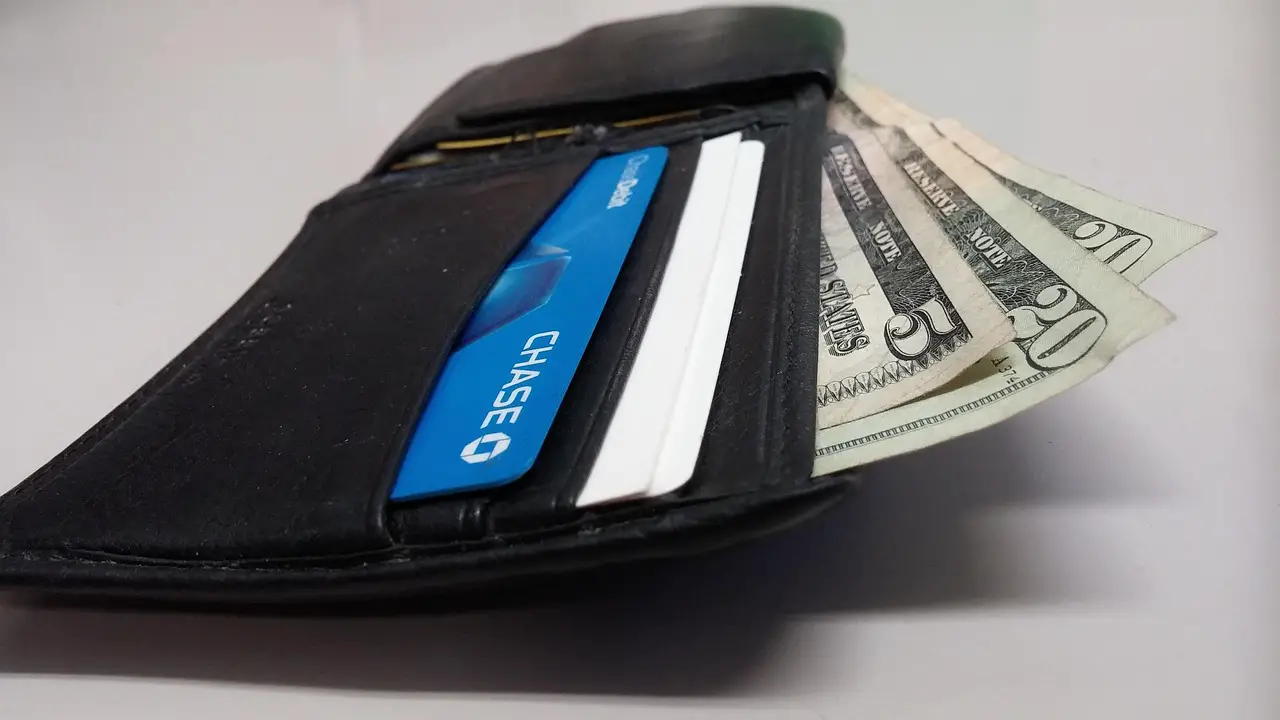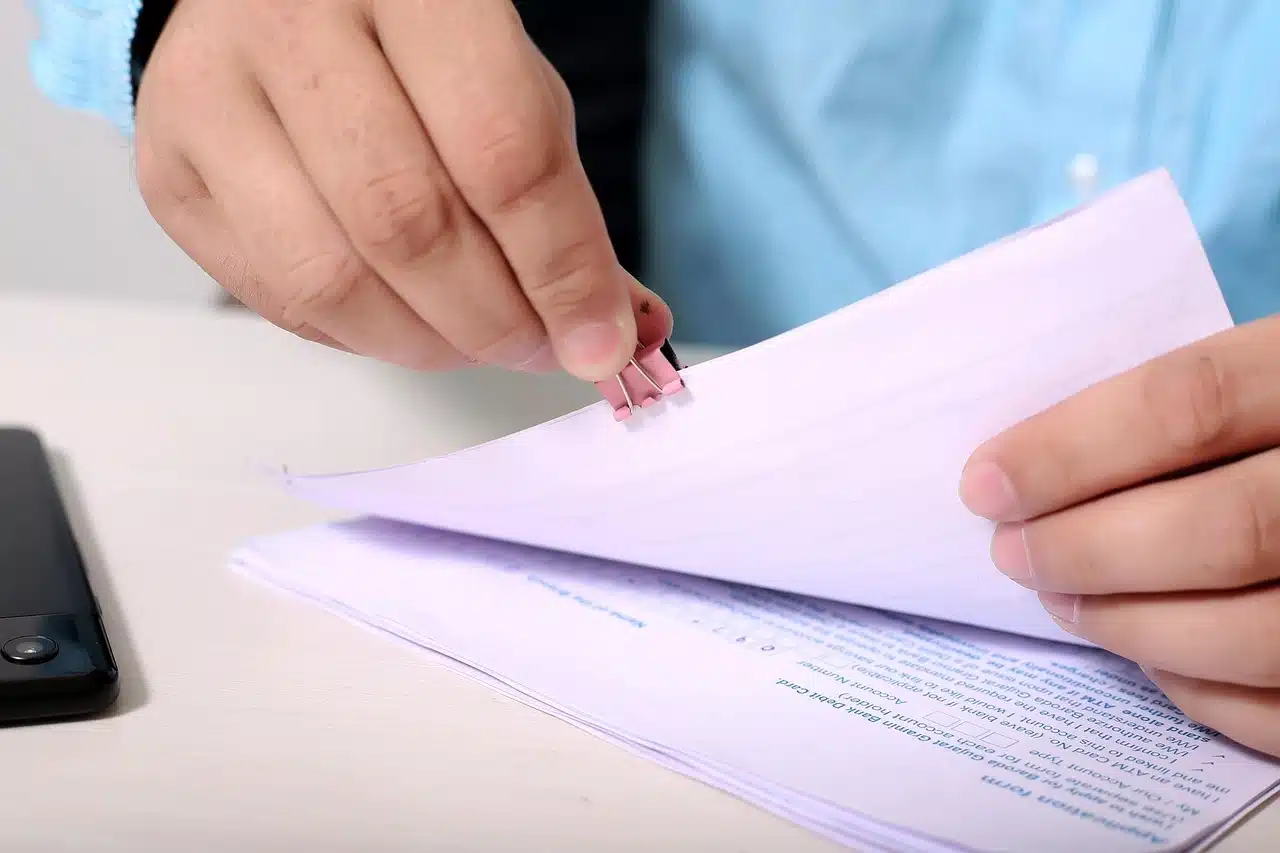10 Ways to Improve your Credit Score Fast


Having a strong credit score is key for getting good deals on loans, renting a place, or landing certain jobs. In today’s tough financial world, a better credit score can really help your finances. This article will show you 10 smart ways to quickly and safely boost your credit score.
https://youtube.com/watch?v=Yz63OVcIFrE
Key Takeaways
Understand the factors that affect your credit score and how to improve them.
Review your credit reports regularly to identify and dispute any errors.
Pay all your bills on time to build a positive payment history.
Reduce your credit card balances to improve your credit utilization ratio.
Avoid applying for new credit unless absolutely necessary.
Understand Your Credit Score
Knowing your credit score is the first step to bettering it. It’s a number that shows how good you are with credit. This score, between 300 and 850, is key for getting loans, credit cards, or renting a place.
Factors Affecting Your Credit Score
Several important factors affect your credit score, including:
Payment history: Paying on time is crucial for your score.
Credit utilization: Using less of your credit can help improve your score.
Length of credit history: A longer credit history shows you’re good with credit over time.
Types of credit: Having different credit types can boost your score.
Credit inquiries: Applying for credit can lower your score temporarily.
Importance of a Good Credit Score
Having a good credit score, above 700, is very important. It helps you get loans and credit cards at lower interest rates. This can save you money and make managing your finances easier.
Landlords, employers, and insurance companies also look at your credit score. A good score can help you get housing, a job, and lower insurance costs.
Understanding what affects your credit score and why it matters can help you improve it. This can lead to better financial health and reaching your goals.
Review Your Credit Reports
Checking your credit reports from Experian, Equifax, and TransUnion often is key to a good credit history and boosting your credit score. By looking at your credit report closely, you can spot mistakes that might be lowering your credit score. Then, you can fix them.
Getting your credit reports is easy. You can get a free copy of your credit report from each big credit bureau once a year at AnnualCreditReport.com. Some credit card issuers and banks also offer free credit report checks, like Experian Boost. These services help you review your credit and find any problems.
When you look at your credit reports, focus on these important parts:
Personal information: Make sure your name, address, and other details are right.
Account information: Check that all your accounts, credit limits, and payment histories are correct.
Inquiries: Look for any credit inquiries you don’t recognize, as they can hurt your credit score.
Negative items: Search for any late payments, collections, or other negative info that might be wrong or old.
Regularly reviewing your credit reports helps you spot and fix problems early. If you find mistakes, follow the right steps to dispute them with the credit bureaus. This way, you can get your credit score back on track.
Credit Bureau Contact Information
Experian P.O. Box 2002, Allen, TX 75013
1-888-397-3742
www.experian.com
Equifax P.O. Box 740256, Atlanta, GA 30374
1-800-685-1111
www.equifax.com
TransUnion P.O. Box 2000, Chester, PA 19016
1-800-916-8800
www.transunion.com
Dispute Credit Report Errors
Errors on your credit report can really hurt your credit score. It’s key to find and fix any mistakes. These errors can include wrong personal info or fake accounts reported to credit bureaus.
Disputing Inaccurate Information
To fix credit report errors, you need to talk to the credit bureaus. Here’s what you should do:
Get a copy of your credit report from Experian, Equifax, and TransUnion.
Look over your credit reports for any mistakes.
Collect documents like payment records or ID to support your claim.
Write a dispute to the credit bureau with the wrong info.
Add your credit report and the disputed items with the documents.
Following Up on Disputes
After you’ve sent in your dispute, the credit bureau has 30 days to check it out. They’ll contact the source of the wrong info for verification. If they can’t verify it, they must remove the item from your report.
Make sure to check on your dispute’s progress. If the mistake is still there after checking, you might need to dispute again or talk to the original reporter.
Reviewing your credit reports and fixing errors can protect your credit score. It makes sure your financial history is shown correctly.
Action Description
Obtain Credit Reports Get a copy of your credit report from each of the three major credit bureaus: Experian, Equifax, and TransUnion.
Identify Errors Carefully review your credit reports and look for any inaccuracies, such as incorrect personal information or fraudulent accounts.
Gather Documentation Collect any supporting documents, such as payment records or identification documents, to back up your dispute.
Submit Dispute File a written dispute with the credit bureau(s) responsible for the inaccurate information, providing a copy of your credit report and the supporting documentation.
Follow Up Monitor the status of your dispute and ensure that the credit bureau addresses the issue within 30 days. If the inaccuracy remains, consider submitting a second dispute or contacting the entity that reported the information.
Pay Bills on Time
Paying your bills on time is key to a good credit score. It makes up 35% of your score, which is the biggest part. This shows how important it is.
When you pay your bills on time, you show lenders you’re reliable. This can help you raise your credit score. It also makes it easier to get credit card accounts, loans, and other financial products.
But, missing payments hurts your credit score. Even a few days late can stay on your credit report for seven years. This lowers your credit score and makes getting credit harder in the future.
Set up automatic payments or payment reminders to ensure you never miss a due date.
Contact your lenders if you anticipate difficulty making a payment and negotiate a payment plan.
Prioritize paying down credit card balances and other high-interest debts to maintain a healthy credit utilization ratio.
Monitor your credit reports regularly to catch any late payments or other errors that could be negatively impacting your credit score.
By paying your bills on time, you can raise your credit score. This opens doors to better credit terms, lower interest rates, and more financial opportunities.
Some Ways You Can Easily Fix Your Credit
If you want to improve your credit, build credit, or boost your credit score, there are easy steps you can follow. By acting now, you can fix your credit and start a strong credit repair plan.
Start by reviewing your credit reports carefully. Check for any errors or inaccuracies. If you spot mistakes, dispute the credit report errors with the credit bureaus. This can clear up negative items and better your credit score.
It’s also key to make on-time payments on everything you owe. Use automatic payments or reminders to help you remember. This shows lenders you’re reliable, which can boost your credit score over time.
Another good move is to reduce your credit card balances. Try to keep your credit utilization ratio (the credit you’re using vs. your total credit) low. Lowering your balances can help your credit repair efforts.
Lastly, think about getting a secured credit card. These cards need a deposit, which becomes your credit limit. Using a secured card well and paying on-time can build credit and improve your credit score over time.
Remember, fixing your credit takes time and steady effort. But with these simple steps, you can easily fix your credit and aim for a better financial future.
Reduce Credit Card Balances
Keeping your credit card balances low is key to a better credit score. The credit utilization ratio is how much you owe on your cards compared to your total credit. This ratio is a big factor in your credit score. Lowering your credit card balances can make this ratio better and increase your creditworthiness.
Credit Utilization Ratio
The credit utilization ratio shows how much of your available credit you’re using. It’s smart to keep this under 30% for the best score effect. A low credit utilization rate means you handle credit well and aren’t overusing it.
Strategies to Lower Balances
Here are ways to cut down your credit card balances and better your credit utilization ratio:
Pay more than the minimum each month. Extra payments speed up paying off credit card debt and reduce balances.
Move balances to a card with lower interest. This saves money on interest and speeds up paying down the debt.
Don’t open new credit card accounts or have credit inquiries. These can lower your available credit and raise your credit utilization ratio.
Ask for credit limit increases. More high credit can lower your credit utilization ratio without changing your credit card balances.
Credit Utilization Ratio Impact on Credit Score
Below 30% Positive impact
Above 30% Negative impact
Above 50% Significant negative impact
Using these methods to reduce your credit card balances and improve your credit utilization ratio can greatly help your credit score.
Avoid Applying for New Credit
Improving your credit score means being careful with new credit. It’s tempting to apply for a new credit account or grab enticing offers. But, this can hurt your credit in the short term.
Every time you apply for credit, the lender checks your credit report with a hard inquiry. These inquiries can lower your credit score, especially if your credit history is thin or you’re trying to build your credit from zero.
To keep your credit healthy, it’s key to limit your credit applications. Here are some tips to help you avoid new credit:
Only apply for credit when it’s really needed, like for a mortgage, car loan, or a must-have new account.
Don’t fall for store credit cards or deals that promise big discounts or rewards right away.
If you’re trying to boost your credit score, focus on keeping your current accounts in good shape and paying on time. Avoid applying for new credit.
Regularly check your credit report to make sure there are no unauthorized or unnecessary hard inquiries hurting your score.
Being careful and avoiding new credit applications unless really needed helps protect your credit score. This sets you up for financial success over time.
Increase Credit Limits
Boosting your credit limit can help improve your credit utilization ratio and raise your credit score. By asking for higher credit limits from your card issuers, you can lower your credit card balances as a percentage of your total credit. This is key for your credit mix and overall credit score.
Getting a credit limit increase is easy and can greatly benefit your finances. Here’s how to do it:
Reach out to your credit card company and ask for a credit limit increase. Be ready to explain why you should get a higher limit, like a good payment history, more income, or a better credit mix.
If they say no, find out what you can do to get approved next time, like paying on time for a while or cutting down your credit card balance.
Ask for a credit limit increase on several credit accounts to boost your credit utilization ratio even more.
Think about the timing of your requests. Applying for too many credit limit increases at once can lead to many hard inquiries on your credit report, which can lower your credit score.
Boosting your credit limits is a strong move to better your credit score. By reducing your credit card balances compared to your total credit, you show you can manage your credit accounts well. This strengthens your financial health.
Benefits of Increasing Credit Limits Potential Drawbacks
Lowers credit utilization ratio
Improves credit mix
Increases total available credit
Potentially leads to higher credit score
May result in hard inquiries on credit report
Temptation to overspend and increase credit card balances
Potential for annual fees or other charges from credit card issuers
Consider a Secured Credit Card
For people with poor or limited credit, a secured credit card is a great choice. It helps build or rebuild their credit. These cards need a refundable deposit, usually $200 to $500. This money becomes your credit card account’s credit limit. It acts as collateral, making sure the credit card issuer reports authorized use to credit agencies. This helps consumers build or improve their credit score.
Benefits of Secured Credit Cards
Secured credit cards have many benefits for those wanting to build credit. Key advantages include:
Accessibility: They’re easier to get than regular credit cards, perfect for those with bad or little credit.
Credit Reporting: The credit card issuer reports authorized use to credit agencies. This lets your account show up on your credit report and influence your credit score.
Credit Limit Increase: If you use the card well, some secured credit card providers might raise your limit or switch you to an unsecured card. This can boost your credit.
Choosing the Right Secured Card
When picking a secured credit card, think about these things:
Security Deposit: Make sure the deposit fits your budget and is refundable.
Fees: Check the annual fee, application fee, and other fees to find a good deal.
Reporting to Credit Bureaus: Make sure the credit card issuer reports authorized use to major credit agencies. This is key for building credit.
Upgrade Path: Choose a secured credit card that lets you switch to an unsecured card if you use it well.
By picking the right secured credit card and using it wisely, people with poor or limited credit can make big strides in building or rebuilding their credit.
Seek Credit Counseling
If you’re dealing with tough credit issues, getting help from a credit counseling agency can be a big step forward. These agencies have credit counselors who know how to help. They offer advice and help to make your credit better.
Working with a credit counseling agency means you’ll learn how to manage your payments better. You’ll also find ways to pay off debt and improve your credit score. This can lead to a healthier financial life.
Credit counseling services have many tools to help you. They offer budget advice, debt management plans, and can talk to credit card companies to lower your rates or combine payments. These experts will create a plan just for you to fix your financial issues.
If you’re overwhelmed by high-interest debt or just want to boost your credit score, a credit counselor can be a huge help. Taking this step is a smart move towards managing your finances better. It’s a key step to getting the credit you need for your future goals.






